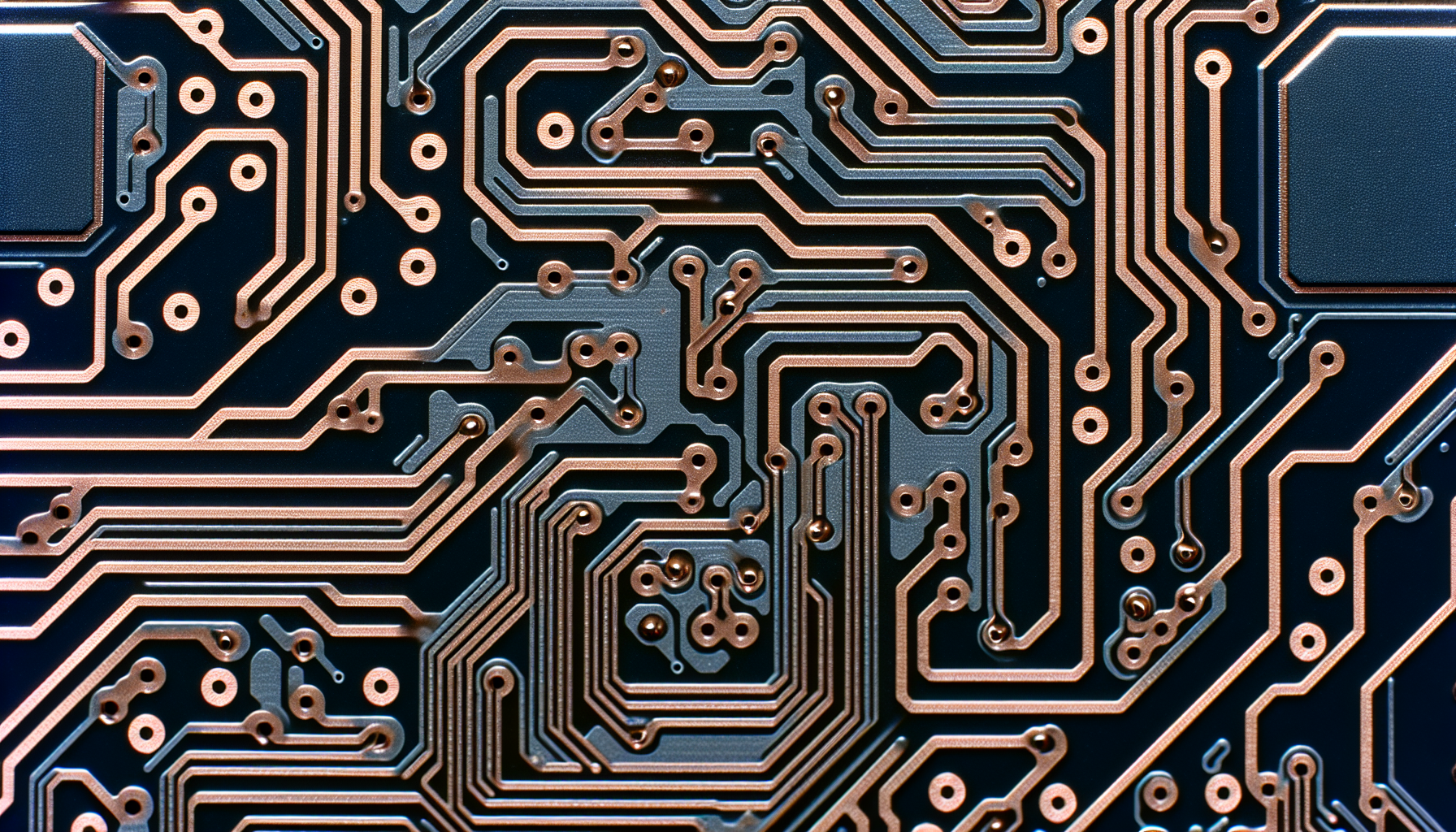Princeton, DARPA Team Up to Develop AI-Enhancing Chips

Innovations in artificial intelligence (AI) are pushing the boundaries of technology, with Princeton University and EnCharge AI collaborating to produce AI-accelerating chips backed by DARPA's Optimum Processing Technology Inside Memory Arrays (OPTIMA) program.
The partnership aims to create processors that heighten the speed and efficiency of AI models, potentially transforming business operations and everyday devices. This $78 million initiative seeks to produce advanced compute-in-memory accelerators that promise significant improvements over existing digital methods by enhancing power efficiency and scalability for a broad range of commercial AI applications.
These ground-breaking chips are designed to bring AI inference on-device, allowing AI applications to shift from the cloud to personal computing devices, thus reducing costs, energy use, and privacy concerns. The versatile applications of these AI chips could revolutionize personal computing, leading to user-centric AI scenarios, from real-time language translation to dynamic content creation.
Despite the crowded AI hardware market, with entities like Axelera, GigaSpaces, and NeuroBlade as contenders, the joint venture is advancing towards more power-efficient chips attuned to the needs of AI software, potentially catalyzing a new era in the AI-accelerated compute landscape.

